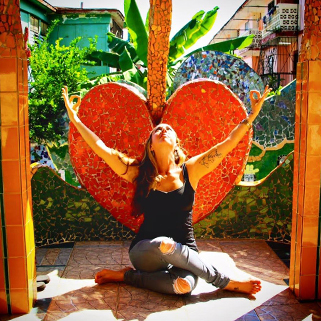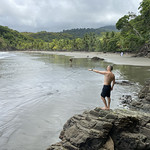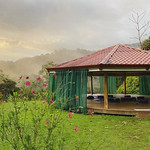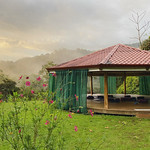It’s no secret that life can be hectic. We get overwhelmed, uptight, tense, and frustrated, and before you know it, your physical body is in full-on panic mode. Before reaching for a glass of your favorite red wine or your half-used Xanax prescription, perhaps consider taking a dose of the ancient elixir known as acupuncture.
While pharmaceutical technology has provided us with modern drugs, it is still far behind the expectations of many. With sometimes risky and life-altering side effects, these medications can have you trading out one illness for a series of other health concerns. Treatment for anxiety in the form of acupuncture, a 3,000 year-old practice, is extremely effective. Acupuncture, by definition, is the insertion of tiny, disposable, surgical steel needles into superficial structures of the body. This ancient healthcare technique is often considered “alternative” or “new age” here in the United States, but the reality is that it is still an ordinary treatment option in most of Asia and throughout the world.
After an array of conducted trials, the National Institute of Health and the World Health Organization declare it works! What’s more, acupuncture provides treatment not only for the symptoms of panic attacks, nervousness and anxiety, but treats the root cause of these emotional disorders as well. Very often patients will notice that although they are coming for a specific illness, other unrelated (or seemingly related) health concerns are addressed and relieved. This is what we call a “good side-effect” of acupuncture.
Traditional Chinese Medicine (TCM) philosophy believes that the body and mind are inseparably connected and function in harmony with each other. Sickness can result from an imbalance caused by external and internal factors that disrupt the energetic rhythms of the body. These factors can include poor diet, a toxic environment, physical trauma, unresolved emotions, and genetics.
How it works is still somewhat of a mystery according to Western medicine. Acupuncture is about helping the body find a way to heal itself. It is known that all of the anti-depressants, pain killers, antibiotics and muscle relaxers are naturally built into our system. They are known as neuro-transmitters, white blood cells and endorphins, among numerous others. The job of the acupuncturist is simply to activate those chemical responses in the body with the insertion of needles in very specific areas known as acu-points.
The needles encourage the body to heal by calming the nervous system and activating a chemical response as described previously. In turn, the patient attains a feeling of relaxation and tranquility. When the mind is peaceful and calm, the body can devote its energy to heal the imbalances of the individual.
If you have ever had acupuncture, you can vouch that the needles are painless. This is one of the biggest apprehensions for most people, but acupuncture patients typically find that the treatments are just as relaxing as any good massage or facial. A typical acupuncture treatment plan for anxiety may take a couple of sessions to first notice results, with the entire treatment course lasting a few months. The treatment plan depends on the type of imbalance present and how long one has had it, and is customized to each individual.
Every day in my practice, I’m coaching clients on how to obtain a healthy balance in their life. For me to obtain balance, I need acupuncture on a weekly basis. Between the stress of managing my own company, the physical demands of personal training, and raising two teenage daughters as a single mother, acupuncture enables me to heal my ailments and nourish my soul. Dr. Christina Prieto, my personal acupuncturist, healer, and friend, explains the many benefits of acupuncture for anxiety. -Tammy Smith, R.N.
According to TCM, patient care is a multifaceted approach, integrating the modalities such as acupuncture, diet therapy, herbal prescriptions, cupping, moxibustion and medical massage. For example, some of the recommendations that your acupuncturist might give you include cutting out caffeine or limiting your intake, eating regularly scheduled meals, utilizing breath work techniques and restorative exercises, such as yoga, swimming and resistance training. It is also recommended to eat foods that are nutrient dense, such as root vegetables, nuts, seeds, legumes and apples; rather than pastries, chips, juices, soda or bread.
Using natural approaches to treat anxiety can be one of the most practical options available to you. It is not only safe, but it is effective and drug-free. Your body will thank you for trading your prescription medications for the ancient elixir known as acupuncture.






















